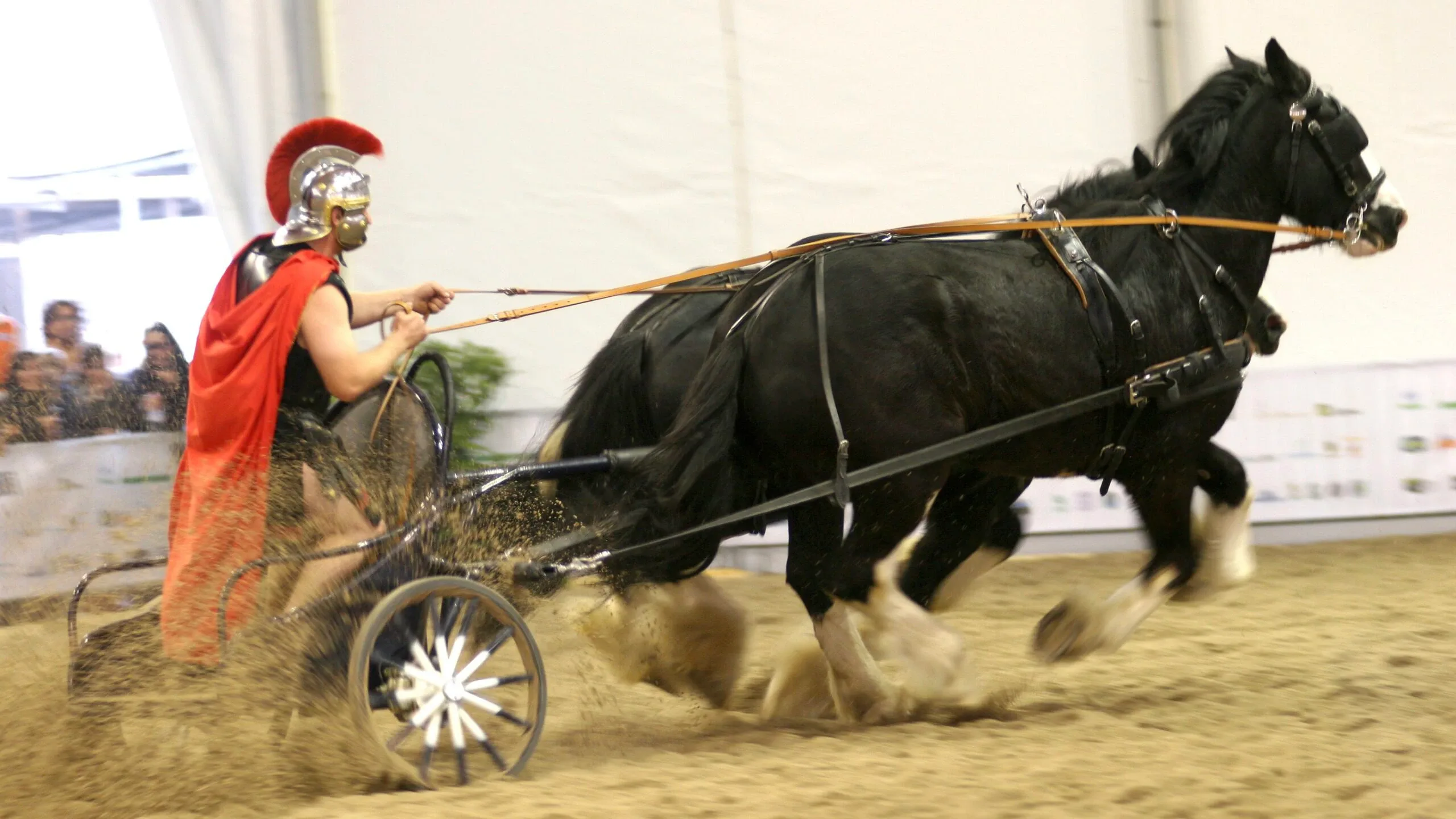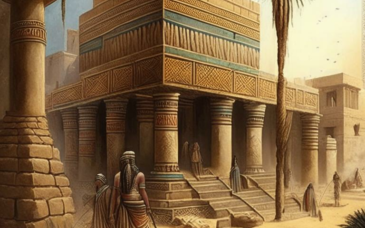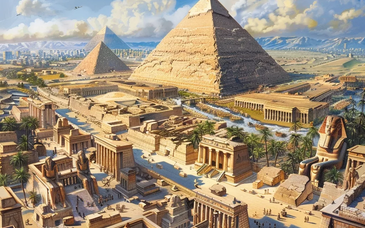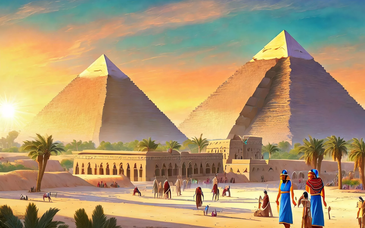Betting has long been part of human civilization, tracing lower back to historic cultures and texts, consisting of the Bible. While the cutting-edge idea of having a bet, as represented by means of platforms like 20 bet, has developed considerably, its roots may be located in some of the earliest known societies. This article explores the practice of having a bet in ancient instances, inspecting references from the Bible and different ancient texts to offer a charming historical angle.
Betting in Ancient Egypt
Ancient Egypt, regarded for its huge structure and complicated society, also engaged in various styles of playing and having a bet. Egyptians performed dice video games as early as 3000 BCE, which have been frequently associated with religious rituals. The game of "Senet," one of the oldest regarded board games, become now not only a pastime but also believed to be a conduit to the afterlife. Bets located on such games had been commonplace, with gamers wagering treasured gadgets or even their hard work.
Betting in Ancient Greece and Rome
The Greeks and Romans also had a rich history of betting and playing. In Ancient Greece, making a bet turned into regularly associated with athletic competitions. The Olympic Games, courting back to 776 BCE, have been no longer just a showcase of athletic prowess however also an possibility for spectators to place bets on their favorite athletes. The Greeks believed that the final results of those competitions was influenced with the aid of the gods, adding a divine detail to their bets.
The Romans, inheritors of Greek traditions, accelerated on those making a bet practices. The Roman love for having a bet is well-documented, specially of their ardour for gladiatorial games and chariot races. The Circus Maximus in Rome could maintain up to 250,000 spectators, lots of whom positioned bets at the chariot races. Roman residents additionally engaged in making a bet on cube video games, animal fights, and other sorts of leisure. The poet Juvenal famously critiqued the Roman obsession with having a bet, highlighting its pervasive nature in Roman society.
Betting in Ancient China
In Ancient China, having a bet was similarly famous and various. The Chinese engaged in plenty of having a bet sports, together with cube games and animal fights. The sport of Keno, which dates back to the Han Dynasty (206 BCE – 220 CE), is taken into consideration an historic form of lottery. This recreation become used to raise price range for country projects, which include the construction of the Great Wall. Betting on Keno concerned predicting the outcome of a sequence of characters, comparable to modern-day lotteries.
Betting within the Bible
The Bible affords numerous references to games of chance and having a bet, reflecting its presence in ancient Hebrew subculture. While the Bible does now not explicitly propose or condemn betting, it does mention casting plenty, a common exercise used to make selections or settle disputes.
One of the most notable instances of casting lots is found in the Book of Jonah. When a great storm threatens the ship carrying Jonah, the sailors cast lots to determine who is responsible for the calamity. Jonah 1:7 states:
"Then the sailors said to each other, ‘Come, let us cast lots to find out who is responsible for this calamity.’ They cast lots and the lot fell on Jonah."
Another significant mention is in the New Testament, during the crucifixion of Jesus. Roman soldiers cast lots to divide Jesus’ garments among themselves. John 19:24 recounts:
"So they said to one another, ‘Let us not tear it, but cast lots for it to see whose it shall be.’ This was to fulfill the Scripture which says, ‘They divided my garments among them, and for my clothing they cast lots.’"
These references indicate that betting, through casting lots, was a known and accepted practice in ancient times, used for decision-making and dividing possessions.
Betting and Divination
In many ancient cultures, having a bet became closely linked to divination and predicting the destiny. The Greeks, for instance, frequently sought the steerage of oracles before setting considerable bets. The Oracle of Delphi was a famend source of divine insight, consulted by individuals and city-states alike. Similarly, the Romans believed in auspices, interpreting the desire of the gods thru the conduct of birds, before engaging in critical activities, including having a bet.
Betting has been an indispensable part of human culture due to the fact historical instances, embedded in various societies from Egypt to Rome, China to the Hebrew tribes. It served a couple of functions, from leisure to decision-making, and even divination. While the current having a bet landscape, exemplified via websites like https://20bet-top.com/, gives a more based and controlled environment, the fundamental human desire to guess on effects stays unchanged.
This historic exploration well-knownshows that betting isn't only a current activity however a exercise with deep historic roots, intertwined with cultural, non secular, and social factors of ancient civilizations. Whether casting plenty in biblical times or setting bets on chariot races in Rome, the act of making a bet has been a steady thread thru human history, showcasing our enduring fascination with hazard and fortune.







